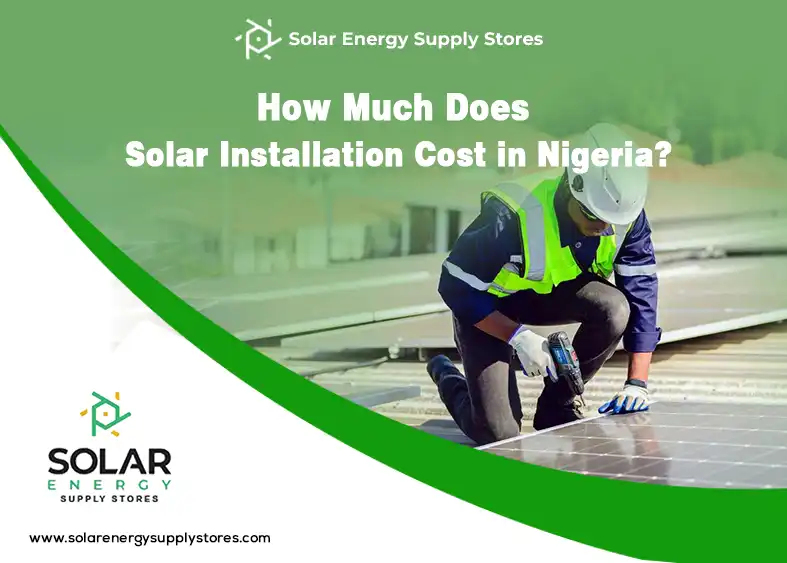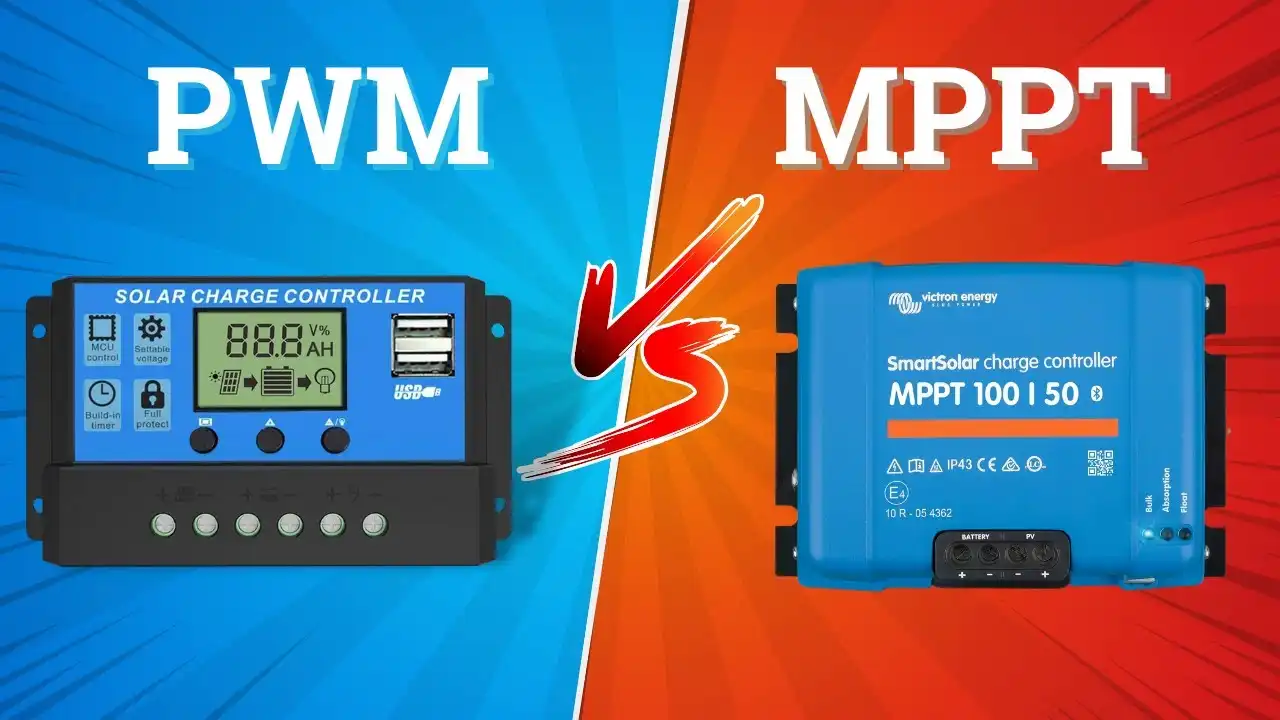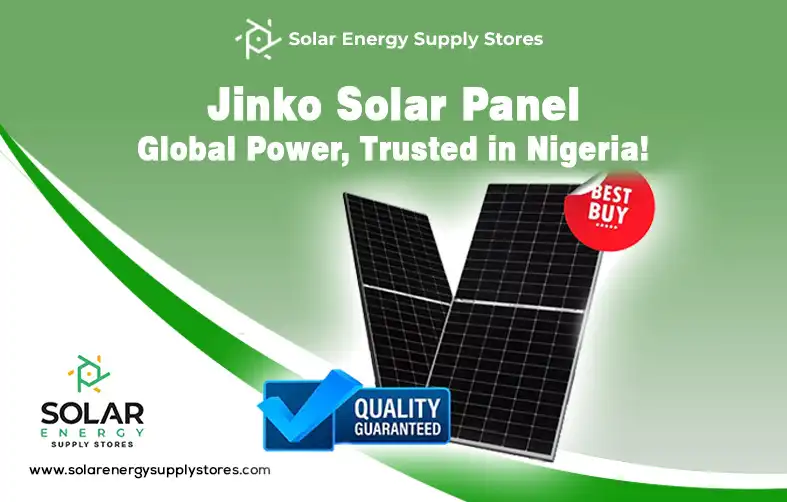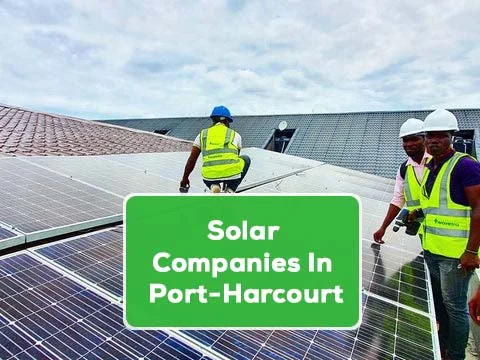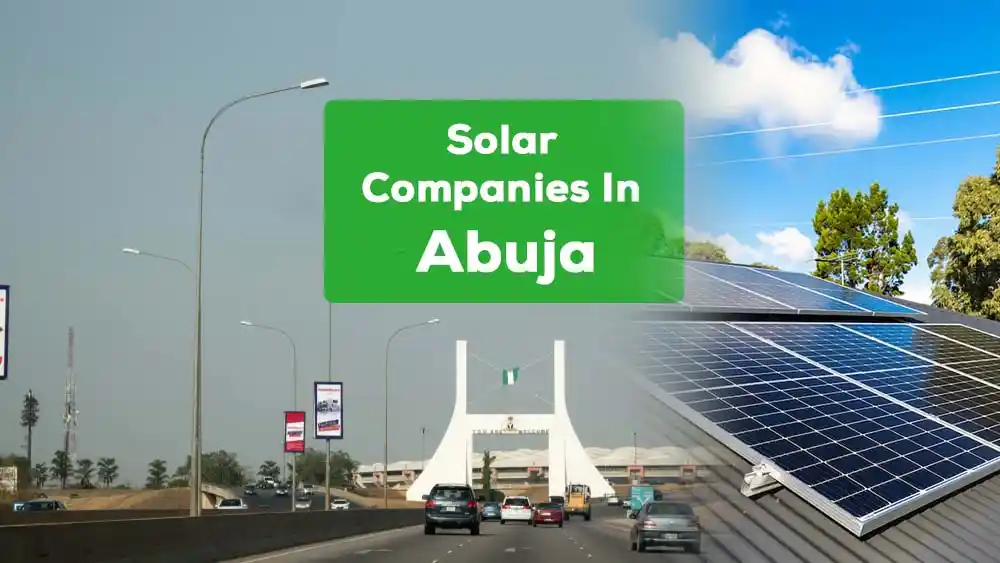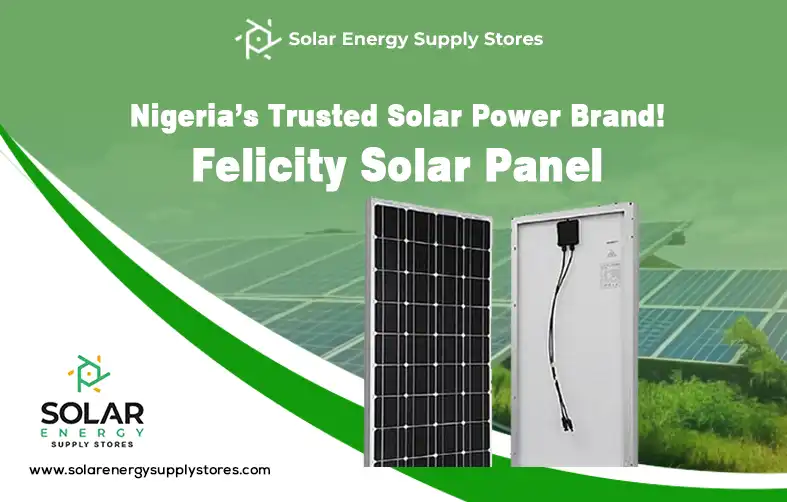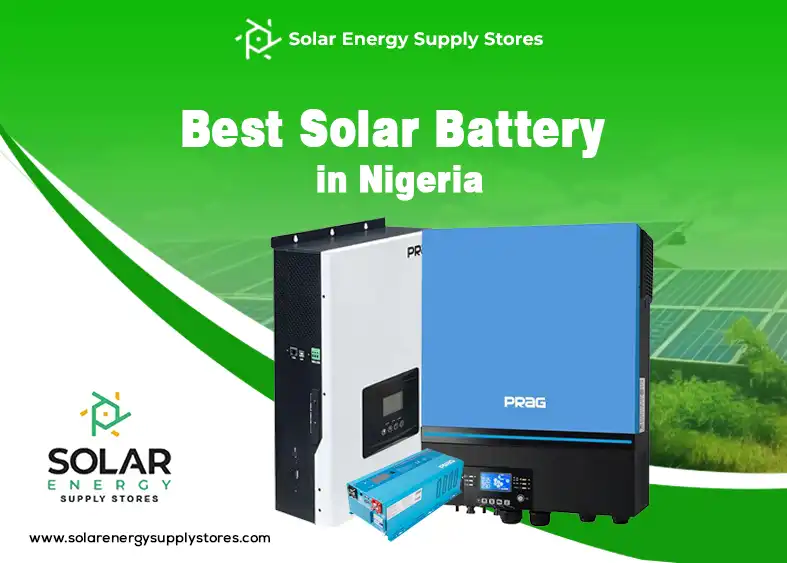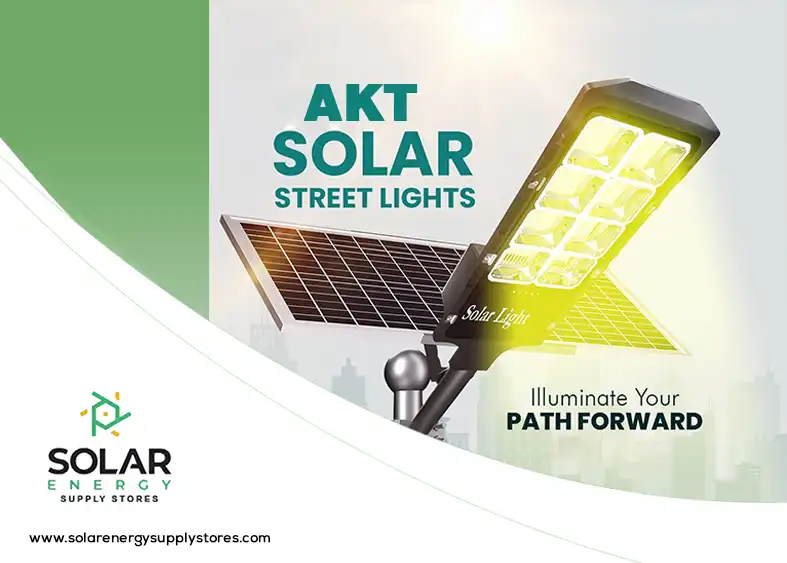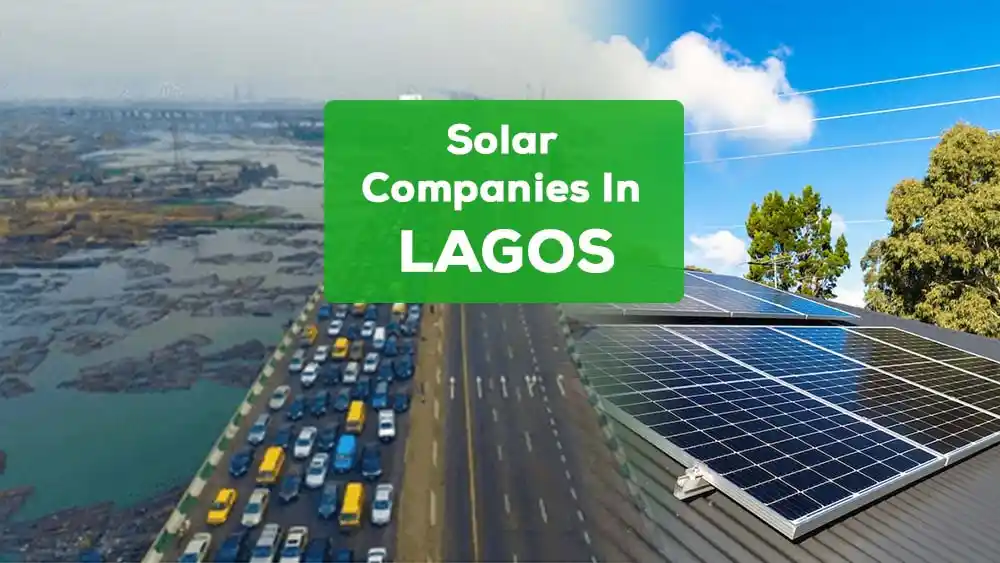Best Solar Battery in Nigeria – 2025 Buying Guide
Best Solar Battery in Nigeria – 2025 Expert Guide for Homes & Businesses Why Choosing the Right Solar Battery Matters This 2025 guide explores the best solar battery in Nigeria, comparing top brands, battery types, prices, and performance so you can make the right investment for your home or business. Types of Solar Batteries in Nigeria Understanding the different types of solar batteries helps you choose the best for your needs and budget: Battery Type Description Lifespan Best For Lithium-ion High-tech, deep-cycle battery with long lifespan 7–10 years Premium systems Tubular Battery Traditional lead-acid battery with rugged build 4–6 years Homes & offices Gel/AGM Battery Maintenance-free sealed battery 2–4 years Budget-friendly installs Pro Tip: Lithium-ion batteries cost more upfront but save money long-term due to their higher efficiency and longer life. Top 5 Best Solar Batteries in Nigeria (2025) Brand Battery Type Capacity Range Price Range (₦) Lifespan Warranty Felicity Solar Lithium / Gel 100Ah – 250Ah ₦120,000 – ₦500,000 6–10 years 3–5 years Bluegate Tubular Gel 100Ah – 220Ah ₦85,000 – ₦180,000 3–5 years 2 years SMK Solar Lithium 200Ah – 300Ah ₦250,000 – ₦600,000 7–10 years 5 years Luminous Tubular / AGM 150Ah – 220Ah ₦95,000 – ₦180,000 3–5 years 2–3 years Genus Tall Tubular 200Ah – 220Ah ₦100,000 – ₦200,000 4–6 years 2 years 🔋 1. Felicity Solar Battery ✅ Why It’s One of the Best: ⚙️ Top Model: Felicity Lithium 48V 200Ah – ₦450,000Ideal for large homes and hybrid systems 🔋 2. Bluegate Solar Battery ✅ Why It’s Great: ⚙️ Top Model: Bluegate 12V 200Ah Gel – ₦150,000Perfect for 1–2 bedroom apartments 🔋 3. SMK Lithium Battery ✅ Why It’s Great: ⚙️ Top Model: SMK 48V 200Ah Lithium – ₦550,000Great for offices and modern homes 🔋 4. Luminous Tubular Battery ✅ Why It’s Great: ⚙️ Top Model: Luminous 220Ah Tall Tubular – ₦170,000Reliable for moderate usage and frequent outages 🔋 5. Genus Tall Tubular Battery ✅ Why It’s Great: ⚙️ Top Model: Genus 200Ah 12V – ₦140,000Ideal for solar homes and SME use 🔌 Where to Buy Solar Batteries in Nigeria Source Website/Location Best For SolarEnergySupplyStores.com solarenergysupplystores.com Compare local suppliers for free Jumia Nigeria jumia.com.ng Quick purchase with delivery Konga Nigeria konga.com Good for deals Local Dealers Alaba (Lagos), Wuse Market (Abuja), Mile 3 (PH) Face-to-face negotiation ✅ How to Choose the Best Solar Battery ⚙️ Solar Battery Comparison Table Feature Lithium-ion Tubular Battery Gel/AGM Battery Lifespan 7–10 years 4–6 years 2–4 years Maintenance None Regular water top-up None Cost High Medium Low Charging Speed Fast Moderate Slow Weight Light Heavy Moderate ❓ FAQs About Solar Batteries in Nigeria 1. Which battery is best for solar in Nigeria? Lithium-ion batteries (like SMK or Felicity) offer the best efficiency and lifespan, while tubular batteries (Luminous, Genus) are great for affordability and durability. 2. How much is a 200Ah solar battery in Nigeria? Prices range from ₦130,000 (tubular) to ₦550,000 (lithium), depending on brand and technology. 3. How long do solar batteries last in Nigeria? 4. Can I use a car battery for solar power? No. Car batteries are not deep-cycle and will degrade quickly under solar use. Always use solar-grade batteries. 5. Do solar batteries need maintenance? 6. Are lithium batteries safe in Nigeria’s heat? Yes. Most lithium solar batteries come with built-in temperature management and BMS to handle heat and overcharging. Conclusion: Which Solar Battery Should You Buy in 2025? Choosing the best solar battery in Nigeria depends on your energy needs and budget. If you’re looking for long-term value, go for lithium-ion batteries like those from Felicity or SMK. If you want a budget-friendly and proven option, tubular batteries from Luminous or Genus will serve you well. Whichever you choose, make sure it’s genuine, compatible with your inverter, and purchased from a verified source.




